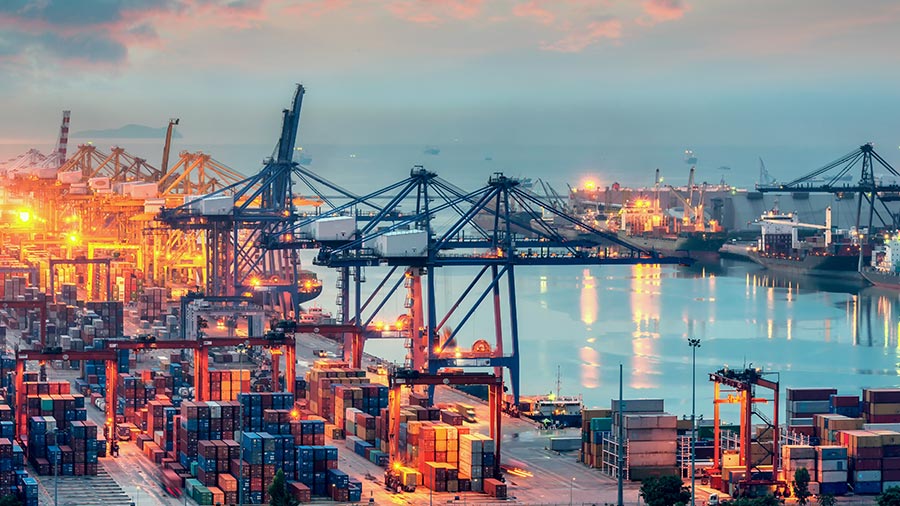NEW DELHI : Shipping Industry experts and market participants have said that the proposed Maritime State Development Council (MSDC), under the new bill, will concentrate a lot of regulator powers with the central government as the head of the council will be the minister for ports, shipping, and waterways.
The proposed Indian Ports Bill, 2022, will likely confront resistance by state governments and private shipping entities because it would concentrate power at the Centre. The proposed Maritime State Development Council (MSDC), under the new bill, will confer a lot of regulatory powers on the central government because it will be headed by the minister for ports, shipping and waterways, shipping industry executive said.
“The MSDC will have no representation from private participants and in case of a divided council, the chairman will make the final decision. Such a provision provides unbridled power to the central government and does have some potential for misuse,” a senior executive at a major port operator said.
The issue of transferring many of the powers of state governments to the MSDC was also a major cause of concern in previous versions of the Bill.
Dilution of state powers
Experts also said major coastal states including Gujarat, Goa, Maharashtra, Karnataka, Kerala, Andhra Pradesh, Odisha, West Bengal and Puducherry are likely to oppose the new regulations as the powers of state governments will be reduced if the Bill is enacted.
Under the new Bill, any decision by state maritime boards can be challenged at an appellate tribunal, diluting the state government’s oversight of the boards.
“If state maritime boards are acting on the recommendations of the MSDC and state governments cannot repeal the decisions of their Maritime Boards immediately, then state governments lose out on making decisions relevant to the state,” the former member of Gujarat Maritime Board cited above said.
Private port operators
Another executive at a major port in India said smaller ports across India, especially those operated by private entities, will always be under the constant fear of being shut down by the Centre.
“For the shipping industry to grow in India, private participation is key, but if the central government can make smaller private ports or part of smaller ports non-operational, this will deter private investment in the sector,” the second executive cited above said.
The central government last week issued the Draft Indian Ports Bill, 2022 for stakeholder consultation, after its three previous versions failed to pass in Parliament because of resistance by state governments. The new Indian Ports Bill aims to redefine shipping rules across India’s 7,500 km coastline and 14,500 km of potentially navigable waterways. It proposes to bring non-major ports in the country into the national fold and create a new mechanism for resolution of disputes. The bill also proposes giving the MSDC powers to assess the progress of the national shipping plan and revise such plans from time to time.
Adjudicatory board
An Adjudicatory Board constituted under Section 54 of the Major Port Authorities Act, 2021 (that governs 11 of the 12 ports owned by the Centre) will also perform the role of an Appellate Tribunal for settling disputes, under the new bill.
The Appellate Tribunal will hear and settle appeals against any direction or order by the state maritime boards, adjudicate any dispute between two or more ports where at least one port is not within the purview of the same state, between two or more state maritime boards or between one or more major port and one or more non-major port.The Appellate Tribunal will have the powers of a civil court and appeals against its orders can be filed only in the Supreme Court.


